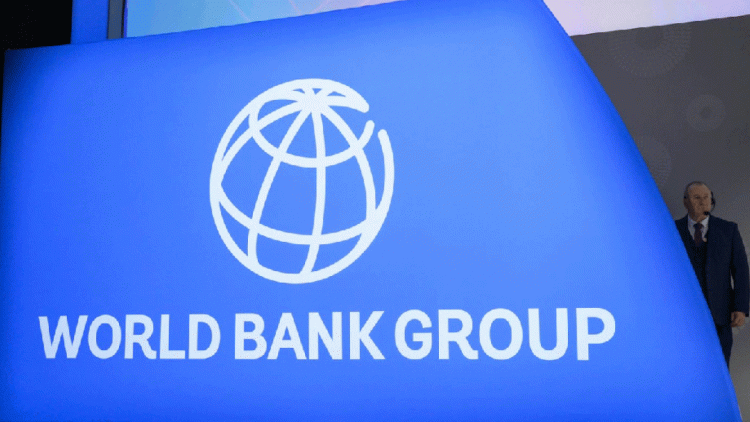Publisher: Maaal International Media Company
License: 465734
World Bank expects increased risks on global recession in 2023
The World Bank said Thursday that the world may be on its way to a global recession with central banks around the world simultaneously raising interest rates to combat persistent inflation.
According to “Reuters”, the bank stated in a new study that the three largest economies in the world – the United States, China and the euro area – are slowing sharply, and that even “a moderate hit to the global economy over the next year may push it into recession.”
He added that the global economy is now going through the most severe slowdown in the wake of the recovery that followed the recession in 1970 and that consumer confidence has already fallen more sharply than in the period leading up to previous global recessions.
اقرأ المزيد
“Global growth is slowing sharply, and there is the potential for a further slowdown as more countries enter a recession,” World Bank President David Malpass said, expressing concern that these trends would continue, with dire consequences for emerging and developing economies.
The bank stated that simultaneous increases in interest rates globally and related policy measures are likely to continue in the coming year, but they may not be sufficient to return inflation to levels it was at before the Covid-19 pandemic.
To drive inflation down, central banks may need to raise interest rates by an additional 2 percentage points, on top of the 2 percentage point increase already achieved above the 2021 average.
But the bank said that an increase of this size, along with financial market pressures, would slow global GDP growth to 0.5% in 2023, or cause a contraction of 0.4% in per capita terms, which would meet the terms of the technical definition to the global recession
Malpass said policymakers should shift their focus from reducing consumption to boosting production, including efforts to create additional investment and increase productivity.
The bank said that previous recessions showed the risks of allowing inflation to remain high for a long time while growth is weak, noting that the economic recession in 1982 caused more than 40 debt crises.









